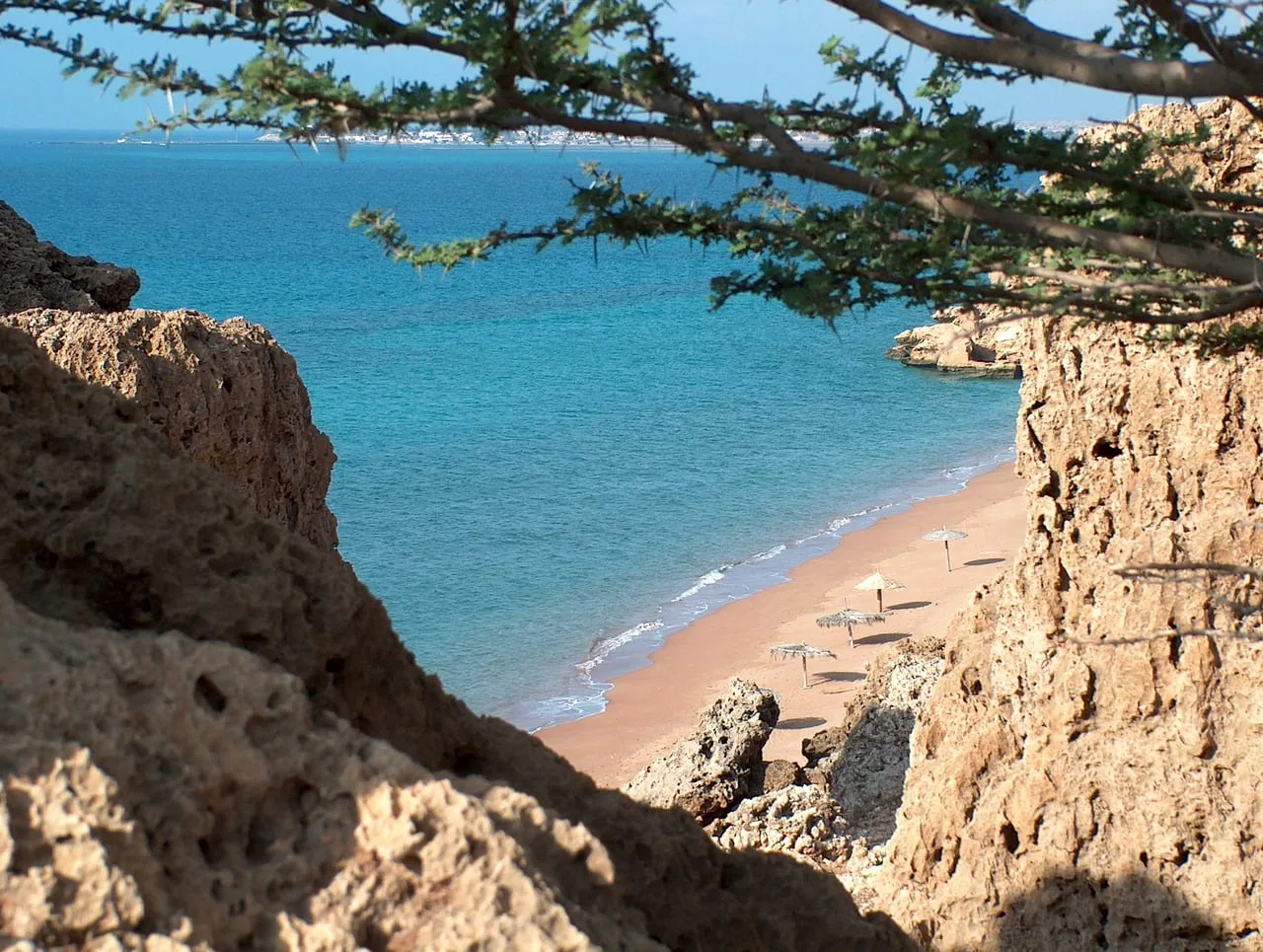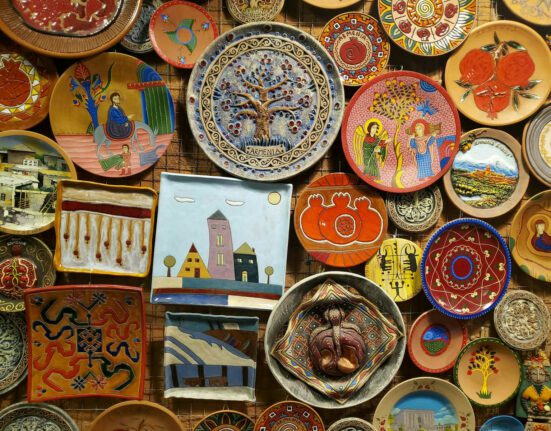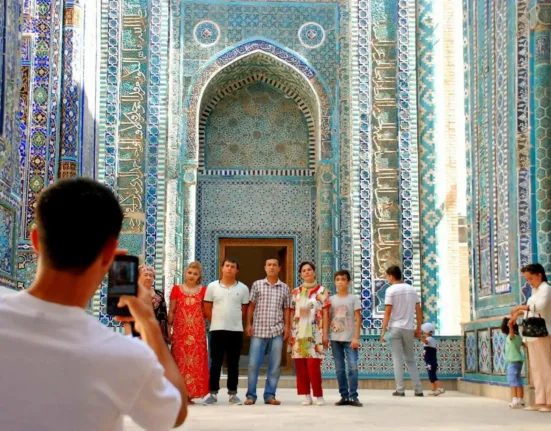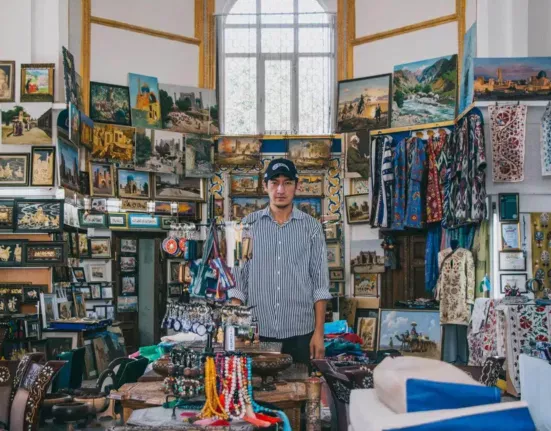Summary. This article provides a brief overview of the safety concerns for those wanting to visit Djibouti. Although the country’s location gives it an advantageous geopolitcal position, security risks from terrorist activity, organized crime, and civil unrest are still a concern. Safety measures have been put in place by the government, and visitors should exercise caution, especially when close to the Eritrea border and in certain parts of Djibouti. Despite the risks, Djibouti is home to magnificent landscapes and wildlife, and with the right precautions, can be a safe and enjoyable place to visit.
Are you considering traveling to Djibouti, but unsure if it’s a safe country to visit? Well, you’ve come to the right place! As a seasoned traveler and writer, I’ve done my research and have the most up-to-date information on Djibouti’s safety for tourists.
First off, let’s talk about crime. Like any other country, Djibouti does have its fair share of petty theft and pickpocketing in crowded areas, such as markets and public transportation. However, violent crime against tourists is rare. The local police force is present and vigilant, and the government places a high priority on the safety of tourists.
Another concern for travelers is terrorism. Djibouti is located in a volatile region of the world, but the government has taken steps to ensure the safety of its citizens and visitors. The country has a strong military presence, with troops from several countries stationed in Djibouti to combat terrorism and piracy in the region. The government has also implemented security measures at airports, seaports, and other entry points.
But what about natural disasters? Djibouti is prone to occasional earthquakes and flooding, but these events are typically small and localized. The government has emergency response plans in place and is well-equipped to handle any natural disasters that may occur.
Is Djibouti Safe For Visitors?
Before you go to Djibouti, you should always find out what the local laws and customs are. Before you go to Djibouti to explore, you should make sure you know enough about the safety and security of the country and the safety precautions you should take while traveling. In general, most cities and tourist areas in Djibouti are pretty safe. With the right information and ways to identify yourself, you can make your trip to Djibouti as safe and fun as possible.
Because of this, it’s best to use common sense when going to places that aren’t as popular. The weather in Djibouti can be hard to predict, but natural disasters rarely happen there. Even so, it’s still a good idea to be ready for bad weather. During the day, the country can get very hot, so visitors should dress appropriately and drink a lot of water.
Going To Djibouti Alone: Is It Safe?
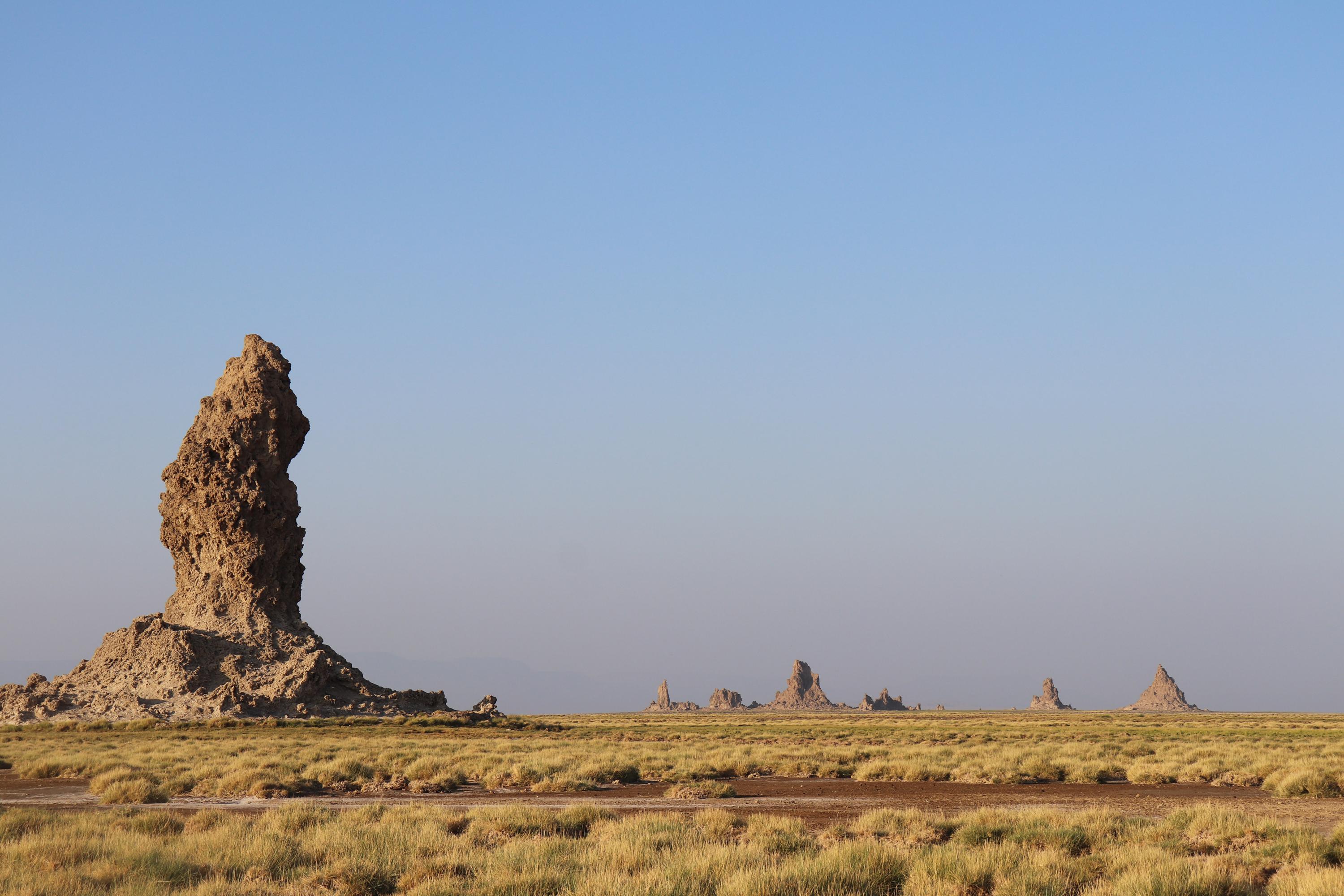
Djibouti is an interesting country that is becoming more and more popular with tourists. The country has a lot to offer, from different kinds of landscapes to strange ways of life. Do you want to know if it’s safe to go to Djibouti by yourself? The clear answer is, “Yes!” With the right preparation, you can have an incredibly safe and enjoyable solo trip through Djibouti. It is a country full of friendly people and beautiful places to visit. And because there aren’t many tourists, you won’t have to fight for the best spots or feel too busy.
By learning a little bit about the culture of the area, you can make sure your trip is safe and fun. From there, consider basic safety tips like always being aware of your surroundings, travelling during the day, and packing the right items including a first aid kit and a passport. You should also look into where you will stay and how you will get there. Stick with well-known hotels and travel companies you can trust. Choose hotels in the center of the city or in safe areas, and make sure the mode of transportation you choose (bus, car, train, etc. ) is reliable and well-kept.
The cities of Djibouti are full of interesting things to see and do, like beautiful views of the ocean, tasty restaurants, and busy markets. Just use your common sense and be aware that you might stand out as a tourist to the locals. Overall, it is safe to travel alone to Djibouti. A solo trip to Djibouti can be one of the best times of your life if you plan ahead, have an adventurous spirit, and are willing to explore. So go ahead and plan your dream trip to Djibouti by yourself.
Is Djibouti Safe For Girls?
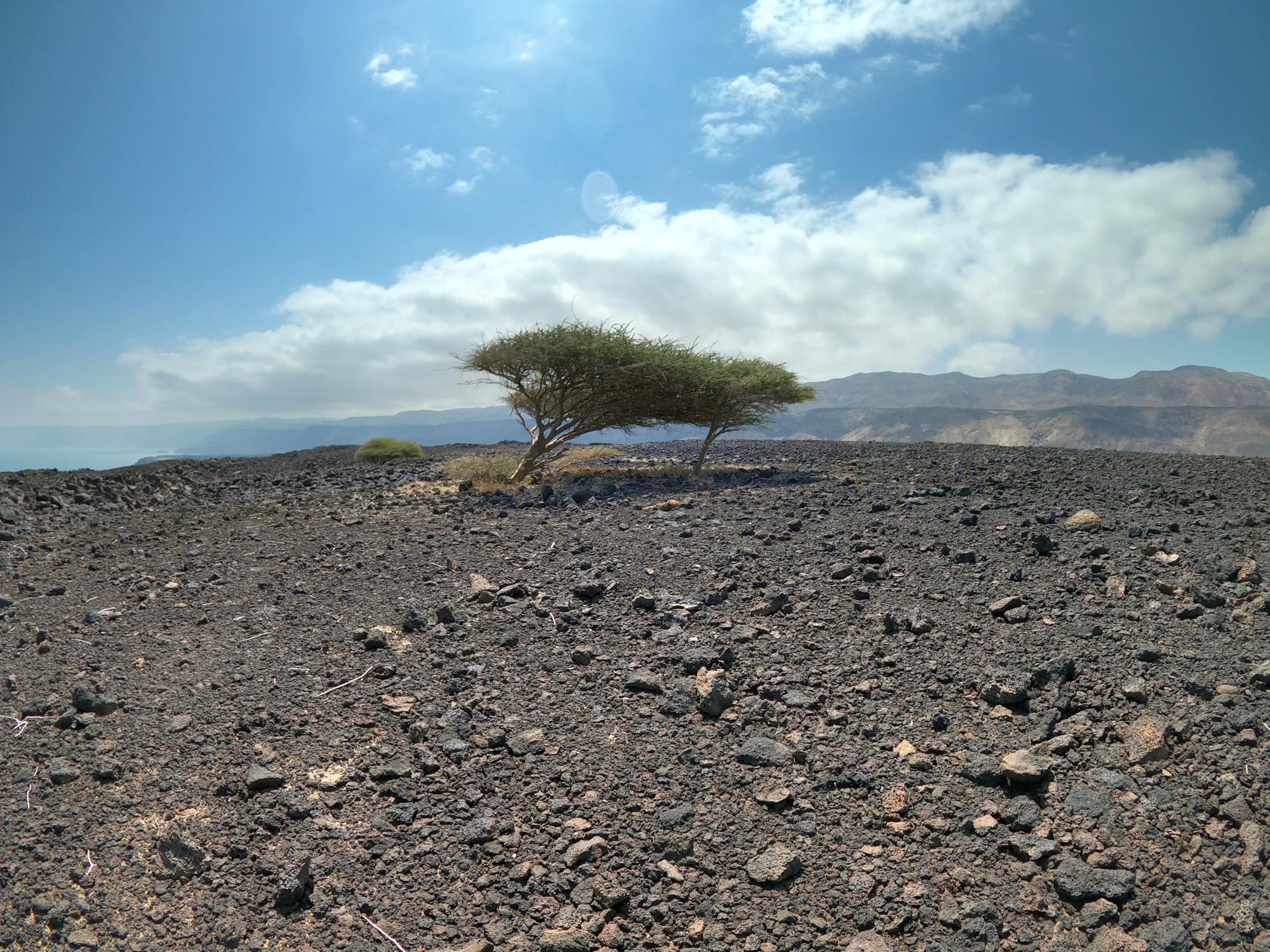
Do you want to do something different this summer and go to Djibouti, a country in Africa? If you want to try something new and exciting, Djibouti might be the place for you. But if you are a woman traveling alone, you may wonder if Djibouti is a safe place to go. Djibouti is a safe place to visit, but there are some common-sense steps you should take before you go. This small country in Africa has a rich, unique culture and some of the best tropical waterways and safaris on the continent.
Still, as long as they follow some basic safety rules, female travelers should be safe and comfortable in Djibouti. Wise traveler tips always work when it comes to staying safe in Djibouti. Some of these are to dress appropriately, stay away from dark, lonely places at night, and hide valuables. Traveling women should also be careful in crowded places, stay in groups as much as possible, and use reliable transportation like taxis and buses.
Don’t get involved in politics, because that could get you arrested. As with any destination, it’s important to always be aware of your surroundings and know how to get in touch with the local police and your country’s embassy in case of an emergency. In conclusion, Djibouti is a great place for women to travel. If women travelers follow a few simple safety rules, they can have an amazing time in this unique and colorful African country. So pack your bags, stay alert, and get ready for a safe and fun trip you won’t forget soon!
What Is Not Allowed In Djibouti?

If you want to go to Djibouti, it’s important to know what you can’t bring with you. Even though Djibouti has a lot of charm and lots of things to do, there are some rules that visitors should know about. In Djibouti, there are a few things and activities that are illegal, and it’s important to make sure you’re not breaking the law or stepping on anyone’s rights by transporting illegal items or doing illegal things. Before you go somewhere, it’s always a good idea to find out if there are things you can’t do there. In Djibouti, some things are illegal and some things can’t be done.
It is against the law to carry drugs, including marijuana and prescription drugs. It is also a very serious crime to sell, use, or even just have drugs. Guns and explosives are also illegal in Djibouti, along with drugs. Even if you have a gun at home, you can’t bring it into the country. It’s against the law. Weapons and explosives are strictly forbidden, and breaking this law can get you into a lot of trouble with the local authorities.
In Djibouti City, it is against the law to try to mess up public order, be a missionary, be a prostitute, be sexual in public, or gamble. Doing any of these things can get you in trouble. Even though these things might be okay in some parts of the country, it’s best to stay away from them in the capital city. Djibouti is a very safe place to visit, but it’s important to know the country’s rules and laws and follow them for the best time. If you know what is not allowed in Djibouti, you can have a great time there.
Discovering The Best From Mauritius: Top Must-Do Experiences
The End Of The Journey
So you’re asking yourself, “Is Djibouti a safe country to visit?” Great question – and one that many who are interested in journeying to this African gem are asking. Well, the short answer is yes, Djibouti is generally safe to visit. But it’s important to consider a few key points, from political climate and potential threats, to safety in the city, the public transport and natural disasters. Let’s take a deeper look at the factors that come into play when deciding if Djibouti is a safe place for you to visit. When it comes to the political climate in Djibouti, the country is in a state of relative stability. Out of all the African countries, it ranks quite high in terms of its democracy and human rights.
So what sort of potential threats exist here? Well, there is a risk of petty street crime and pickpocketing in the cities and main tourist areas, and you should take the usual precautions such as staying alert, hiding your valuables, and avoiding walking through dark or poorly lit areas. When it comes to safety on the roads and public transport, Djibouti has made huge improvements in recent years. The streets in some of the bigger cities are now much safer to drive on due to the implementation of strict traffic laws, and public transport has also improved – with taxis being the recommended way to get around for both security and convenience. Since Djibouti is located in the Horn of Africa, it does face the threat of natural disasters such as floods, dust storms and earthquakes. But the good news is that the country is well equipped to deal with them effectively, and you can rest assured that any potential risks will be managed efficiently.
Yes, absolutely! So long as you take the usual precautions and stay aware of your surroundings, you can feel safe and secure traveling around this beautiful African country. Have you been to Djibouti? Did you feel safe during your stay? Let us know in the comments!
Frequently Asked Questions (FAQs)
Why would you go to Djibouti?
It has some of the most stunning landscapes and unique wildlife in the world, making it an ideal destination for nature lovers. Djibouti also boasts a rich cultural heritage and an array of historical sites. Adventure seekers can enjoy activities like diving, hiking, and beach camping. Djibouti is also home to some of the most beautiful beaches in the region, making it a great spot for a relaxing vacation.
What is special about Djibouti?
It is a strategically important country, as it is located at the entrance to the Red Sea, making it a key hub for international trade. Djibouti is also known for its stunning natural beauty, with its dramatic mountain ranges and salt plains, and its diverse wildlife, including many species of birds, reptiles, and mammals. Additionally, Djibouti is home to some of the world’s most unique cultural traditions, including Afar culture, which is a fascinating blend of African and Arabian influences.
Why do people travel to Djibouti?
The country is an excellent base for exploring the region, as it provides access to some of the most beautiful scenery in the Red Sea and the Gulf of Aden. It is also a great place to experience the unique culture and heritage of the Afar and Somali peoples. Additionally, Djibouti is home to a variety of outdoor activities, such as hiking, mountain biking, and scuba diving, making it a popular destination for adventure seekers. Finally, Djibouti is known for its excellent hospitality and is home to some of the best restaurants in the region.
What are some facts about Djibouti?
Djibouti is a small country located in the Horn of Africa, bordered by Eritrea, Ethiopia, and Somalia. It has a population of approximately 900,000 people. The official language is French, but Arabic and Somali are also widely spoken. Djibouti is a semi-presidential republic, with a president as head of state and a prime minister as head of government. The country has a hot and arid climate, with temperatures ranging from 16 to 41 degrees Celsius (61-106 degrees Fahrenheit). The economy of Djibouti is largely based on services, with the country having a strategic location
What is the best thing about Djibouti?
From the white-sand beaches of Djibouti City to the lush green hills of the Bale Mountains, the country offers a unique mix of landscapes and activities. Djibouti is also home to some of the most delicious cuisine in the world, with delicious seafood, spicy curries, and a variety of other dishes to choose from. Additionally, Djibouti is a great place to explore the history and culture of the Horn of Africa, with ancient ruins and vibrant markets to explore.
Your Next Adventure Starts Here – Don’t Miss Out!
Everything you need to book, plan, and live your dream trip—right at your fingertips. The best deals and experiences sell out fast, so start exploring now before they’re gone.
Score unbeatable airfare deals with Skyscanner and Expedia. Compare flights worldwide, find hidden discounts, and book in minutes. Lock in your ticket now before prices jump.
Find the perfect place to stay anywhere in the world. Compare prices, read reviews, and book instantly for peace of mind on your travels.
Protect yourself while traveling with comprehensive insurance options. Quick setup, global coverage, and peace of mind wherever you go.
Discover tours, activities, and unforgettable experiences. Book easily online and explore at your own pace.
Get your Revolut card to manage your finances effortlessly while traveling. Instant digital setup, low fees, and worldwide acceptance make spending safe and simple.
Stay connected anywhere with global eSIMs from Airalo. Easy setup and affordable data plans for travelers.
Book local experiences and deals effortlessly with Saily. Save money while discovering unique activities.
Claim compensation for delayed or canceled flights with AirHelp. Quick and hassle-free process for travelers.
Love our content? Support our team in content creation via Buy Me a Coffee. Every contribution helps us deliver better guides, tips, and travel inspiration.

